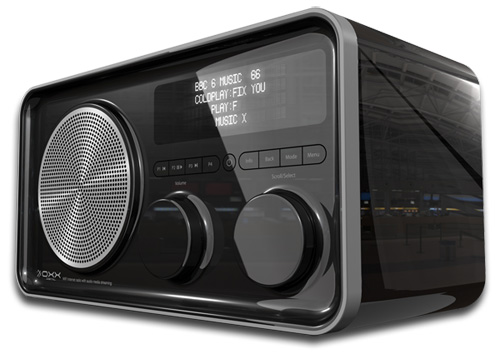This week sees the expiry of the patents related to the DAB family of standards – generally referred to as the Philips patent pool, in many European countries.
By mid-August 2012 the original patent had already expired in Australia, and the effect of this in the marketplace should start being obvious this year.
For manufacturers and potentially consumers, this means lower priced receivers on the market. The actual saving will depend on the total number of devices shipped by each manufacturer, with the normal cost saving range spreading from $3.50 for low-volume manufacturers, down to $2 for larger manufacturers such as Pure.
From this week, any shipments into countries where the patents have expired are no longer liable for the royalty payment. With standard retail multipliers, that could mean that the price of entry-level devices will reduce by approximately $7. Furthermore, this means that the price barrier to integrating the DAB family of standards into devices as default is lower as, similar to FM in the past, DAB becomes a free-to-integrate technology.
The patents are the intellectual property of various companies within a pool which is administered by Philips. The last “original” DAB patent will expire at different times in different countries.
The DAB+ royalty that is specifically for HE-AACv2 (paid to VIA Licensing) needs to be paid only once, so if a manufacturer has an internet radio product that needs HE-AAC to handle IP streams, then that will also cover DAB+.


I am a DAB+ listener and enjoy the digital experience but i would like to comment on the digital signal around the Narre Warren area (South East of Melbourne).
The DAB+ signal is not good in this area and surrounding suburbs like Hallam & Berwick. Was hoping that they could install a repeater (Casey Radio 97.7 FM would be an ideal site)to boost reception around Narre Warren (Fountain Gate).